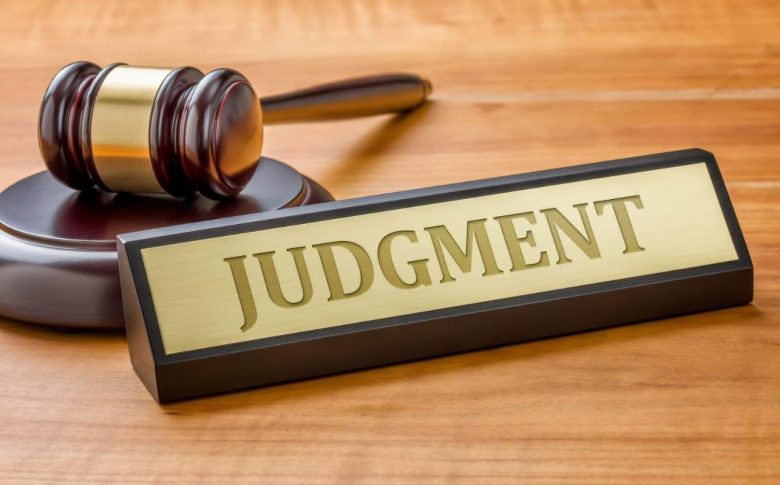The Overview of Judgments for Unifying Practice by the State High Court of Justice
According to Article 471 of the Criminal Procedure Code of Iran, the State High Court of Justice (herein after “SHCJ) through its General Committee is authorized to issue the so-called “Judgments for Setting Unified Practice” in cases when there are different judgments by the various branches of the SHCJ or the courts, are in place in relation to the same subject-matter due to different interpretations of the law.
What makes such judgments matter is the fact that in the Iranian Legal system they bear the same effect as the codified laws and thus can only be overturned by the law or another unifying practice judgment to the same purpose. Therefore, such judgment are binding in similar subject-matters for all the branches of the SHCJ, courts, and other authorities whether judicial or non-judicial but would have no effect on the judgments which have already become definite and final. However, exceptionally if the relevant judgment is not executed or is in the process of execution, and if per the unifying judgment the attributed act is considered to lack criminal feature or the unifying judgment in one way or another is favorable for the convicted person, the unifying judgment will dominate the respective judgment.
As an example of the unifying judgment in the context of jurisprudence related to the commercial law particularly cheque, one can make reference to Unifying Judgement of the SHCJ’s General Committee No. 812 dated 22 June 2021 in which the Committee rules on the starting point to calculate the damage for delayed payment in regards to the cheque-based debt.
Since two different judgments had been issued from two branches of Appeal Courts of Tehran (branches A and B), the SHCJ got into position in order to establish a unifying practice in regards to the subject and in so doing the opinion of the General Prosecutor’s representative has also been obtained in accordance with Article 472 of the Criminal Procedure Code.
Due to divergent interpretations of the law, the two Appeal courts had taken different approaches towards the starting point for calculation of the delayed payment compensation in the sense that one has acknowledged the date on which the holder of the cheque has submitted the cheque to the bank and the bank has issued the certificate of non-payment whereas the other has accepted the date of the cheque as such point.
In line with the opinion of the General Prosecutor’s representative, eventually the General Committee by the majority’s vote acknowledged the judgment issued by the Appeal Court A to be correct and consistent with the law i.e. the starting point is the date specified on the cheque (and not the claiming date.)
Submitted by: Dr. Mahnaz Mehrinfar and Mrs. Golsa Daghighi

